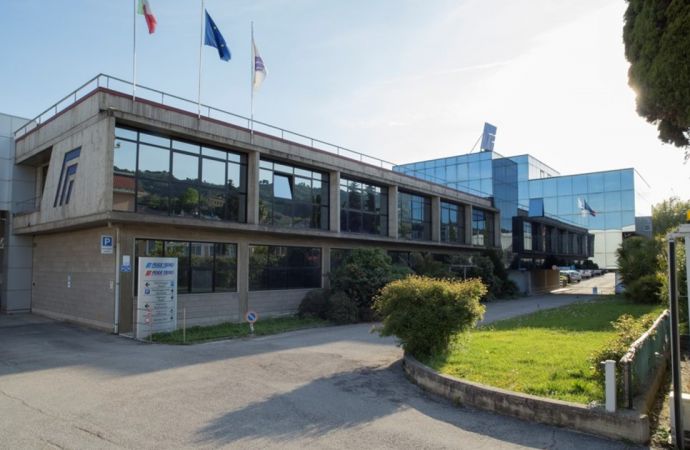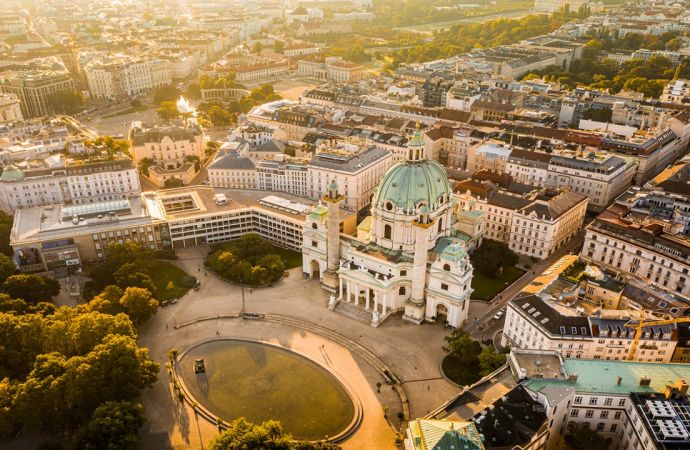A new 5 MW ammonia heat pump, inaugurated this week, will service 1,100 households in Copenhagen.
_1554378906.jpg)
HOFOR Director Lars Therkildsen and Mayor of Technology and Environment Ninna Hedeager Olsen at the inauguration.
Credit: HOFOR
This week (2 April), Copenhagen utility provider HOFOR, CTR (a Copenhagen heat purchaser providing district heating), VEKS (a Danish supplier of excess heat for district heating) and the Copenhagen Mayor of Technology and the Environment inaugurated a new 5 MW ammonia heat pump system for district heating in the Danish capital.
The new ammonia heat pump system can supply up to 1,100 households with heat in the Greater Copenhagen area.
Copenhagen Technology and Environment Mayor Ninna Hedeager Olsen views the new project as part of Copenhagen’s “ambitious goal to become the world's first CO2-neutral capital in 2025”.
The heat pump system is a joint project between the three heating companies HOFOR, CTR and VEKS, with additional support from other partners. It will use seawater and waste water as heat sources from a wastewater pumping station in Copenhagen’s harbour (Sjællandsbroen).
The electrically powered ammonia heat pump heats the waste and seawater to supply district heating at up to 90 degrees Celsius.
“We must already start aiming to become a completely fossil-free large city, for example by stopping waste incineration. This requires us to start experimenting with things like heat pumps and geothermal energy,” Olsen said.
“I’m therefore pleased that we‘re now really beginning to gain experience with how it can be accommodated in to the Copenhagen heat supply,” she added.
Lars Therkildse, director of HOFOR, says the utility will invest more in heat pumps once testing is complete. “To be ready for the next stage, we need to gain experience with large-scale heat pumps. It is crucial to test which heat sources are suitable for district heating, and to clarify how reliable, economically efficient and flexible the technology,” he explained.
The European Union is supporting the project with a grant of DKK 22 (€2.95) million.
Related stories



